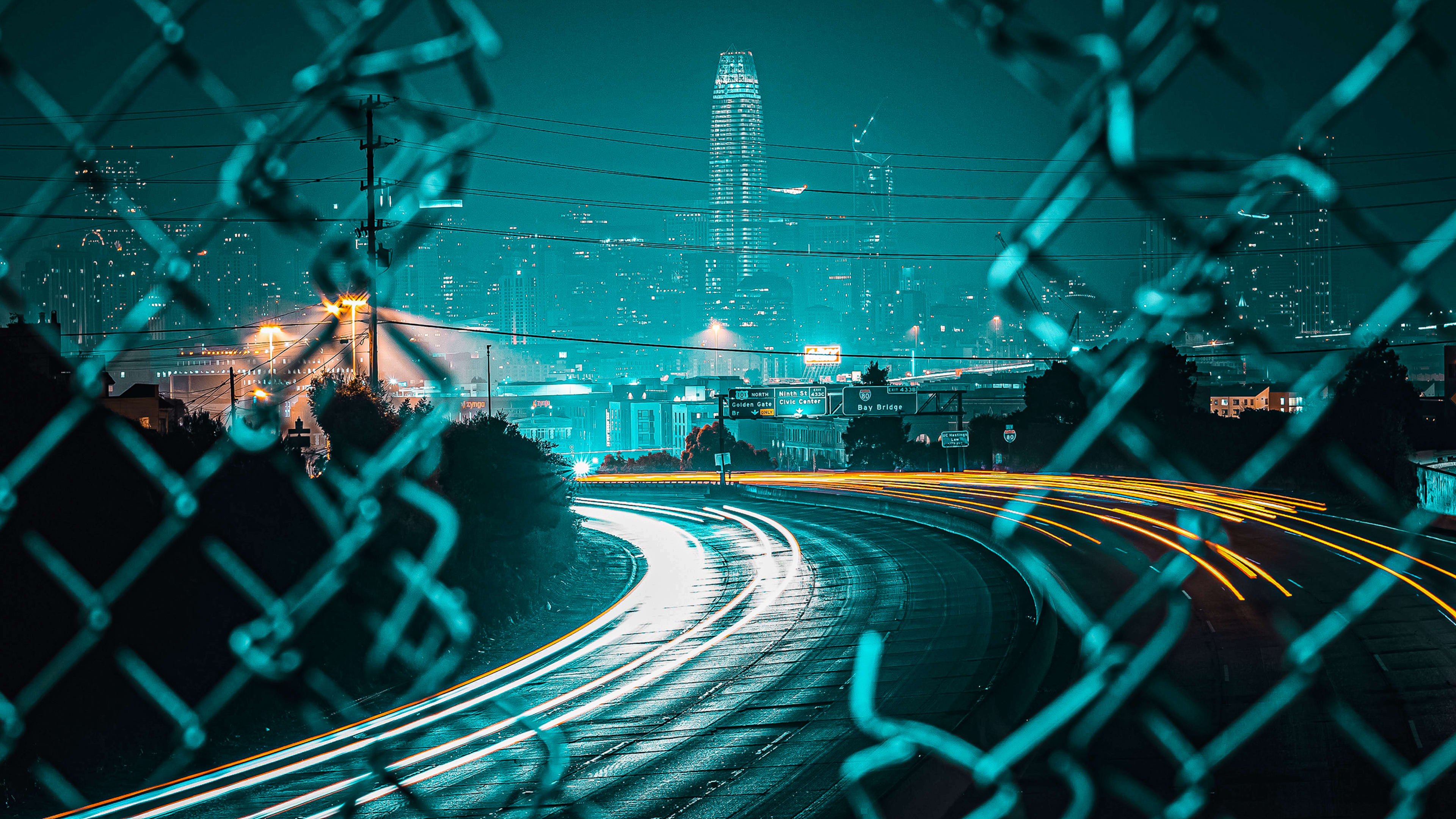Inflation, labor shortages, and debt. Those factors, combined with others, slow down the U.S. economy to a surprising degree. In fact, successfully combating them to boost productivity in the United States could increase GDP by as much as $10 trillion over the next eight years.
That’s according to a new report from McKinsey Global Institute, which looks at some of the reasons productivity among American workers and businesses has slowed in recent decades, and what can be done to give it a boost. The report notes that since 2005, domestic labor productivity has grown at 1.4%, all while wage growth has remained sluggish and workforce participation has declined.
Cumulatively, all this has had an effect on the life of the average American; the report notes that increased prosperity and higher living standards can come from productivity growth, and productivity over the long term is closely linked to real wages.
Fluctuations in productivity have been pronounced, even recently. The latest productivity report from the Bureau of Labor Statistics, released at the beginning of February, shows that labor productivity increased 3% year-over-year during the fourth quarter of 2022. But, annual average productivity actually decreased 1.3% between 2021 and 2022, “the largest annual decline in the measure since 1974.”
While the U.S. economy as a whole has grappled with a series of productivity-sapping crises over the past couple of decades—including 9/11 and its aftermath; the global financial crisis and subsequent Great Recession in 2009; and most recently, the COVID-19 pandemic—some states have proven far more productive than others. The report also finds that some states are “pulling away” in terms of productivity, while others are falling behind—a “pattern that is at odds with much of U.S. history.”
Pulling away—states that over-perform
These are the states that are pulling away, or “are both more productive and increasing productivity faster than the U.S. average,” per McKinsey’s report:
- Washington
- California
- Colorado
- Massachusetts
- New York
- Texas
The above six states also supply one-third of the country’s jobs, and 40% of the overall U.S. GDP.
Falling behind—states that under-perform
On the other end of the spectrum, there are 25 states that lag behind, meaning they “have below-average productivity and slower-than-average growth,” and that together comprise 43% of total U.S. employment and 37% of real GDP. In alphabetical order, that group includes the following six states:
- Arkansas
- Iowa
- Louisiana
- Michigan
- Mississippi
- Nevada
Cities that boost their states
The report also notes that eight cities have separated themselves as the nation’s most productive, helping catapult their states up the rankings, too:
- San Jose
- San Francisco
- Seattle
- Houston
- San Diego
- Los Angeles
- New York City
- Boston
So, how do we boost productivity and add that $10 trillion to the U.S. national output by 2030? McKinsey’s team writes that “the most significant challenges today are insufficient skilled labor supply, uneven technology adoption, and stalling investment.”
Whether individual states or the country as a whole can find a near-term solution to any of those issues remains to be seen, but a vibrant economy for workers, now and in the future, would appear to depend on it.
Recognize your brand’s excellence by applying to this year’s Brands That Matter Awards before the final deadline, June 7.
Sign up for Brands That Matter notifications here.
